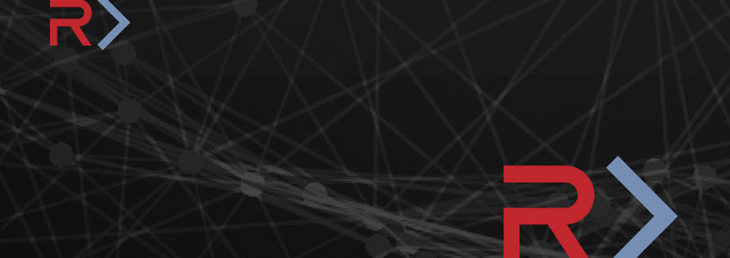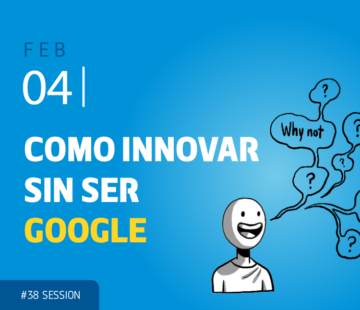Blockchain will need coordination and agreement to fulfill its promises

As similarly happened before with some other technological hypes, now is the time for blockchain to claim its role revolutionizing everything and redefining business, economies and even societies as we know them today. Most of us may share an enthusiasm for its immense potential. We can imagine what can be achieved in a world in which every task, process or agreement would have a digital record and signature easily identified, validated, shared and stored, protected from removal, tinkering or revision; a world in which contracts and all kinds of transactions between Individuals, organizations and machines could take place without the need of third parties, with as little friction as possible. But, as often occurs, there is always a long and difficult way from potentiality to actual capacity.
Arguably, blockchain technology is in its infancy. A lot of experiment, fail and iteration will have to take place before we see a mainstream and significant integration of blockchain-based applications in organizations and industries. The barriers to be overcome are not only technological but, more importantly, organizational and related to governance. Its process of adoption won’t be sudden but gradual. It will take place as waves of change not just technological but especially institutional gain momentum.
Agreement to generate value
One of the main dimensions to consider blockhain rate of adoption and its readiness for mainstream deployment is its complexity, understood as the amount of ecosystems coordination needed; the number and diversity of players that have to work together and agree (in definitions and common standards, for instance) to produce value with this technology. There is not just one blockchain. Therefore, as in any other classic example of the network effect, all promises of an application based in this technology, trying to be adopted universally and generating value for all participants will depend mainly upon enough parties using the same implementation of the technology.
Take the case of smart contracts for instance. They will require a great degree of agreement between all parties involved about how they are not just designed but also verified, implemented and enforced. This will involve coordinating the activity of many actors and gaining institutional agreement on standards and processes. It is difficult to imagine an adoption of smart contracts widespread enough to change the nature of economic, social and political systems without previous major social, legal and political changes.
Once again, as in the cases of many others emerging promising set of technologies (IoT, Smart Home, Industry 4.0, etc.) collaboration will become a key factor. And this is why if you look for the most promising projects based in blockchain they most likely be collaborative projects.
Lyra Network, a case in point
‘Red Lyra’ (Lyra Network)
is one of such projects. Considered the first multi-sectorial technological platform in the world based on ‘blockchain’, ‘Red Lyra’ has been established as a non-profit organization that will stand as a shared, semi-public network for the development of projects and the provision of services, offering all the necessary identification guarantees and ensuring compliance with applicable data protection regulations. ‘Red Lyra’ is defined as a “neutral project open to growth”, so any company, administration, ‘start-up’, professional ‘freelance’ or other non-profit entities can join it in any moment to develop their projects and provide services. Lyra is the result of the drive of its founding partners, which include not just experts in blockchain technology but also companies and professionals from every industry. Financial institutions such as BBVA, Banco Sabadell, Santander, Bankia, BME, Caja Rural or Cajamar,; utility companies Cepsa, Endesa, Gas Natural Fenosa and Iberdrola; IT consultants Everis and Scytl; legal services providers as Garriges or Roca Junyent; or educational organizations such as Comillas ICADE are, among others, some of the businesses and institutions that have already joined this partnership, which remains open to new members.The project is considered a pioneer internationally
by their promoters “not only because it is a collaborative work among companies from different sectors, but also for the participation of public entities, public notaries and lawyers who have pushed from the beginning for this platform to have the capacity to execute legally binding transactions, something unique in the world.” The development and maintenance of the Spanish ‘blockchain’ network will be financed through the contributions of its partners and users.Cooperation will allow ‘coopetition’
Cooperation and even “coopetition” are the concepts most cited by representatives of different organizations involved. The project wants to be inclusive and democratic. Partners will cooperate to create the network and to decide their future but later will compete using it with the assurance that nobody can never control the network without having the approval of all its participants. One of the priorities of this network of ‘distributed ledgers’ or shared registration technologies will be to development a digital identification system that can be safely shared by all members. Lyra aims to develop legal identification or contract-support (smart-contracts) services, which explains the presence of top law firms and legal experts among its founding members.